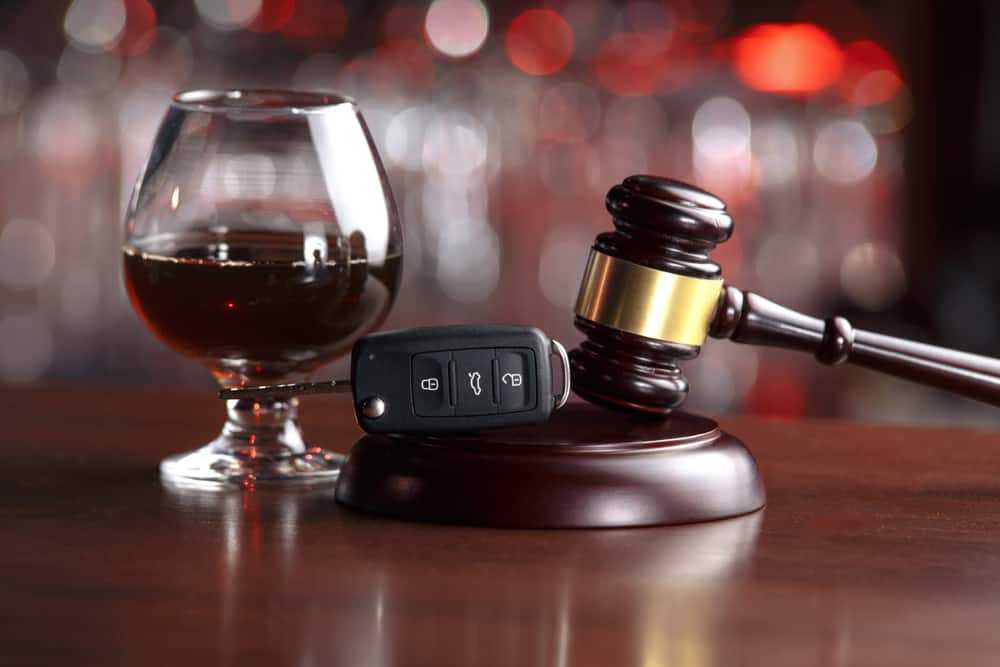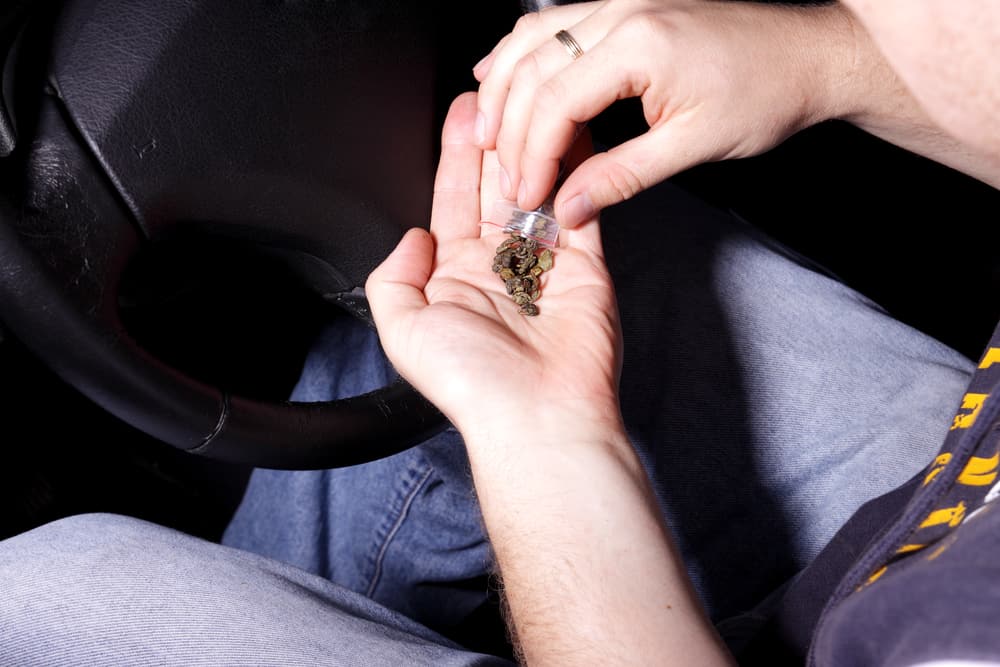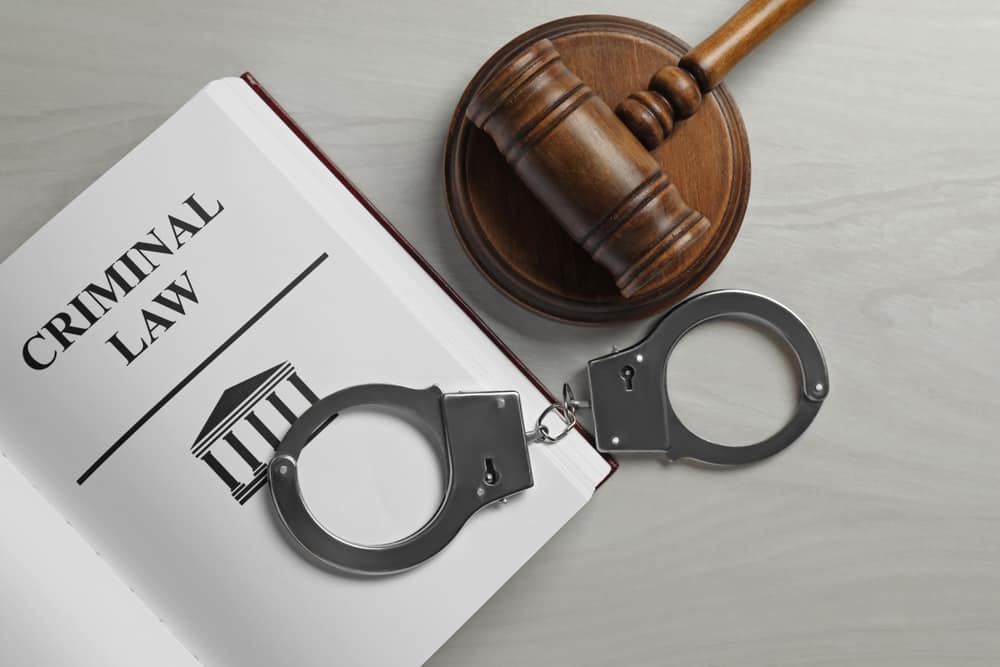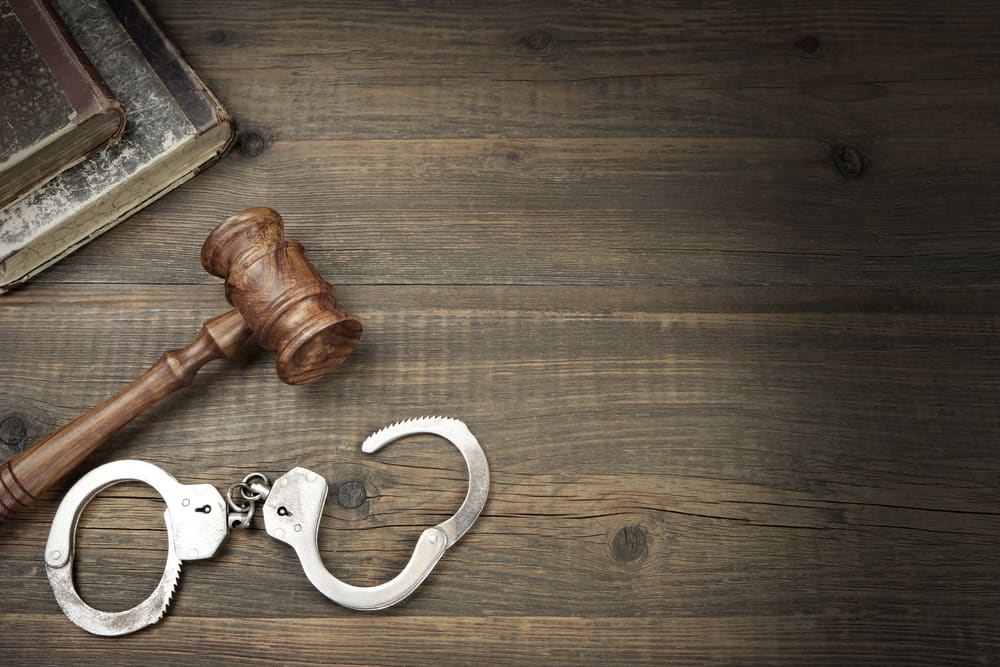
Allegations of driving while intoxicated, also known as DWI, are serious matters. Under Texas Penal Code § 49.04, the basic offense of DWI is a Class B misdemeanor. This means that a conviction will create a criminal record. The statute says that a judge in a DWI case can sentence a driver to up to six months in jail.
In addition, a conviction comes with other penalties. Class B misdemeanor offenses can include the payment of a fine of up to $2,000. Finally, a judge in these cases must suspend a person’s license for at least 90 days.
Knowing how serious allegations of DWI are in the Dallas area is a vital first step to protecting your future. A lawyer could help you to understand the potential consequences of a conviction and to form a strategy to avoid this unfortunate outcome.
DWI Is a Criminal Offense
Many people’s primary concern when facing allegations of DWI is the potential criminal penalties for conviction. Indeed, a charge for DWI is a Class B misdemeanor—even when a person faces accusations of a first offense and there are no aggravating factors that could make the case more serious. A criminal defense lawyer in Dallas, TX can help you build your defense against the charges and prosecutions.
The potential punishments under this law are harsh. Subsection (b) of this statute requires a judge to sentence a driver to no less than 72 hours in jail following a conviction. However, the judge has the discretion to suspend this sentence, as there is no mandatory minimum time that a person must spend in jail.
In the most extreme situations, a court may sentence a driver to up to six months in jail. Talking with a lawyer can provide more information about the possible criminal consequences after a DWI charge.
How a DWI Charge Could Affect Other Parts of Your Life
While the possible jail time that comes with a DWI charge is certainly significant, it is just as important to understand how these accusations could affect your ability to earn a living. Class B misdemeanor convictions could result in the payment of fines up to $2,000 according to Texas Penal Code § 12.22. Additional costs could include:
- The payment of court fees
- The cost to attend an alcohol education course
- An increase in insurance premiums
Clearly, the prospect of a DWI conviction can have a devastating effect on a person’s financial future. As a result, the question of how serious a DWI is must account for a person’s wallet as well as their freedom. A lawyer can guide you through the potential financial costs of a conviction.
A DWI Conviction Will Result in a License Suspension
Another consequence of a DWI conviction is a mandatory driver’s license suspension. According to Texas Transportation Code § 521.344, a first conviction for driving while intoxicated carries a mandatory 90 day loss of license. However, the judge in the case has the authority to extend this loss of license to a maximum of one year.
Subsequent allegations of DWI can increase this potential penalty. For example, a second conviction increases the license suspension period to a minimum of 180 days. Speak with the team for a lawyer today to let them fight to minimize your potential license suspension.
Aggravating Factors That Could Make DWI Allegations More Serious
Some people who are facing allegations of DWI are fortunate in that this is their first experience in the criminal justice system. While the potential consequences for a first conviction are certainly harsh, many factors can contribute to making the possible penalties even more severe.
Additionally, the state punishes instances of DWI far more seriously if a driver has driven while drunk or high in the past. A second conviction is a Class A misdemeanor where the potential jail term, possible fines, and driver’s license suspension all increase. Third convictions become felonies that will affect many portions of a person’s future.
Of course, even people facing charges alleging a first DWI may face enhanced penalties under specific circumstances. These generally involve accusations of placing other people in extreme danger or situations involving the injuries or death of other people. Common examples include:
- Having a blood alcohol concentration of .15 percent or more
- Causing serious bodily injury to another person
- Driving while intoxicated with a child passenger
Working with a lawyer could help to explain the possible penalties for a DWI conviction where aggravated circumstances may exist.

Facing Any Allegation Involving DWI Is a Serious Matter
It is important that you understand how serious a DWI can be when coming to terms with an arrest. At minimum, a guilty result can see you spend time in jail, pay heavy fines, and lose your license for at least 90 days. In more serious cases, the court can apply enhanced sentences or even try the case as a felony. You need to take positive steps to protect your future.
The legal team at the Law Offices of Randall B. Isenberg can help to provide more information about the seriousness of DWI charges in the Dallas-Fort Worth area. Contact us today at (214) 696-9253 to learn more.
















